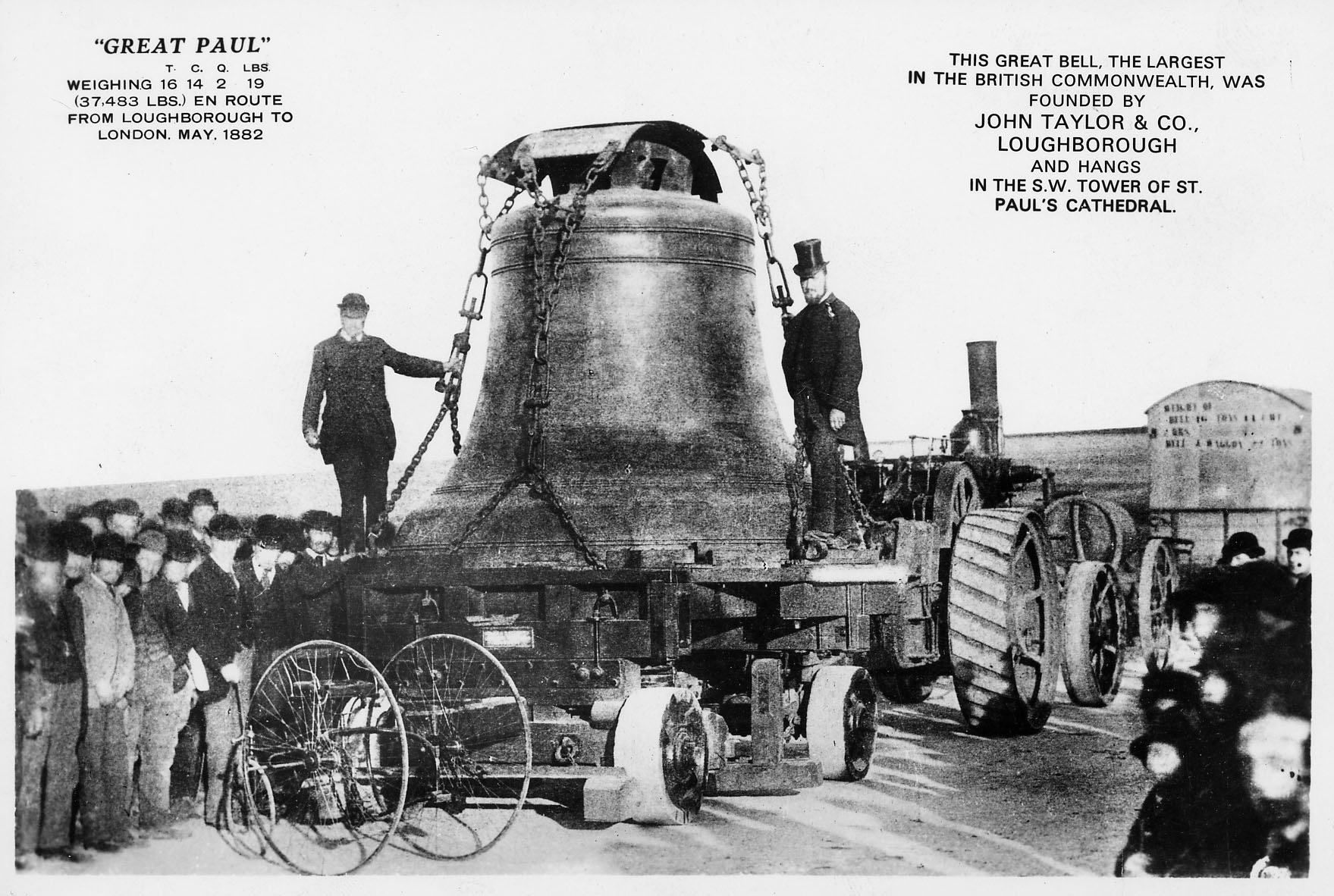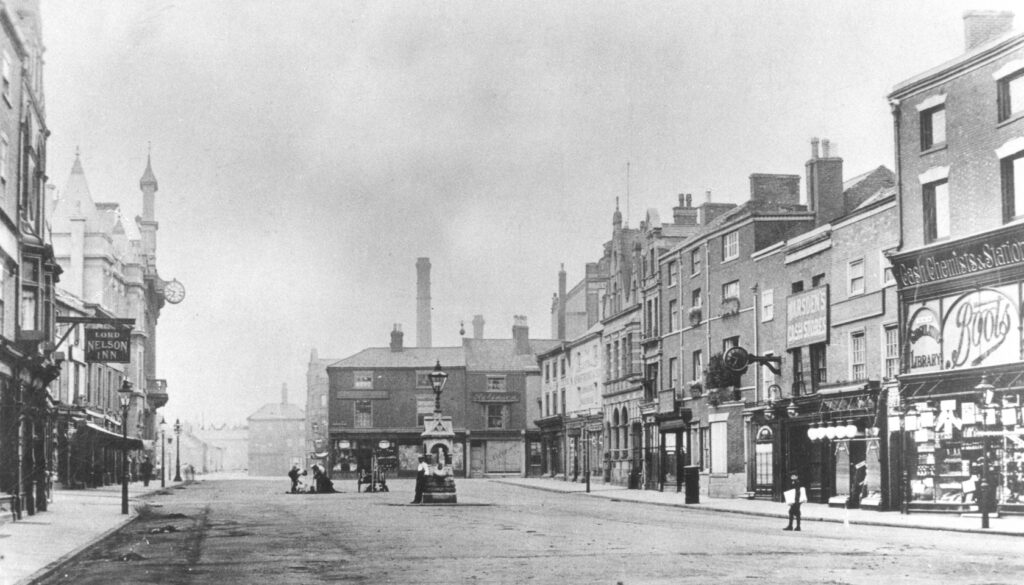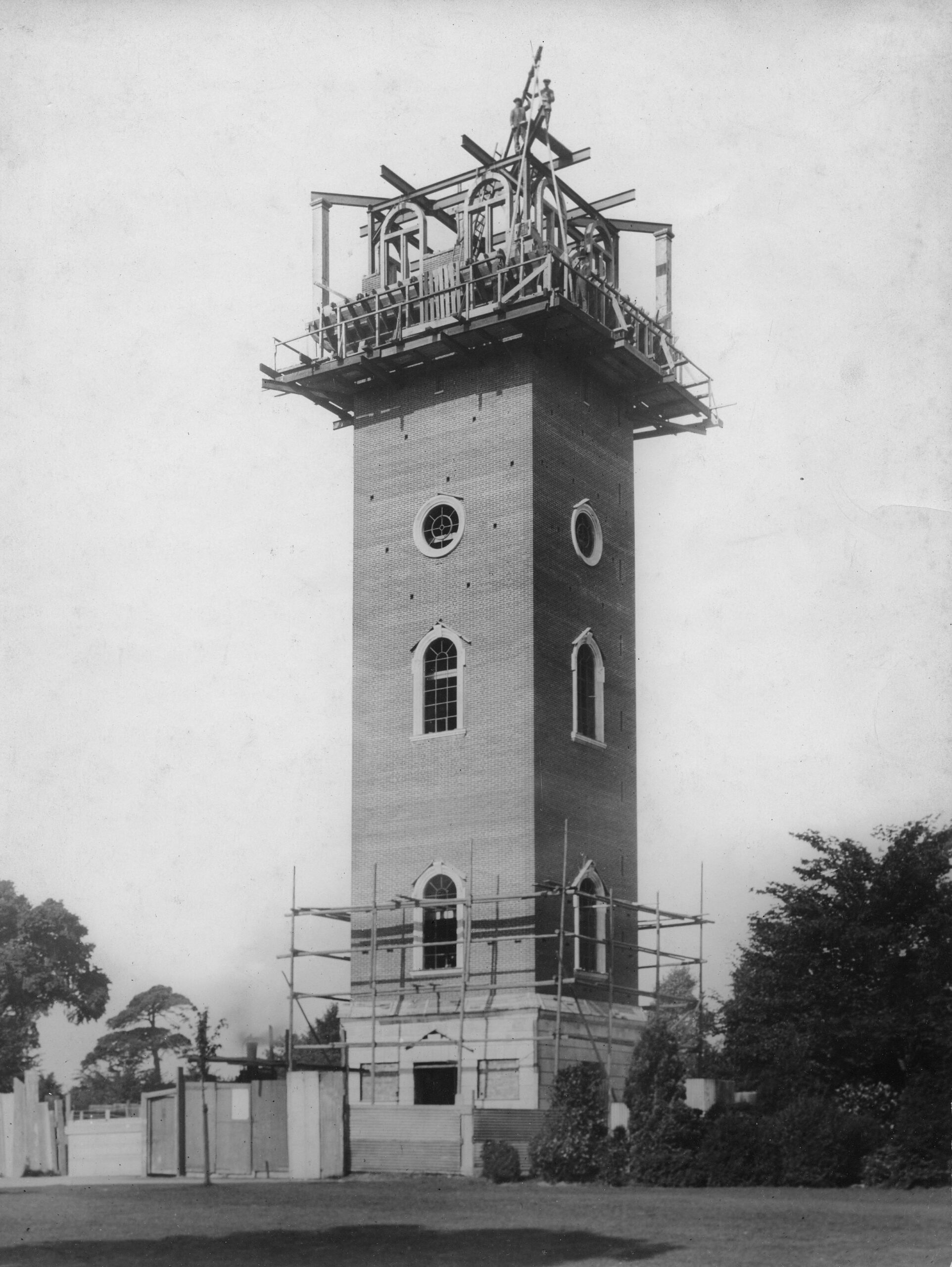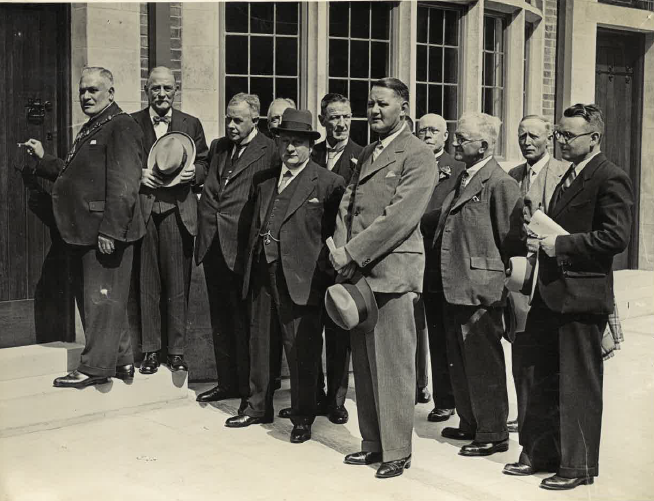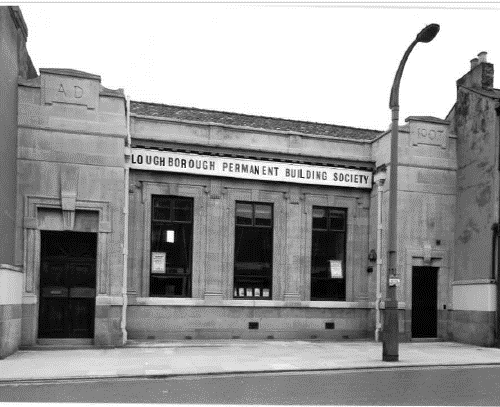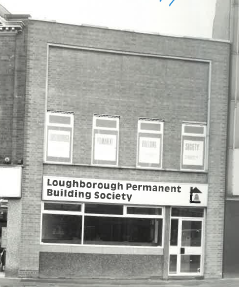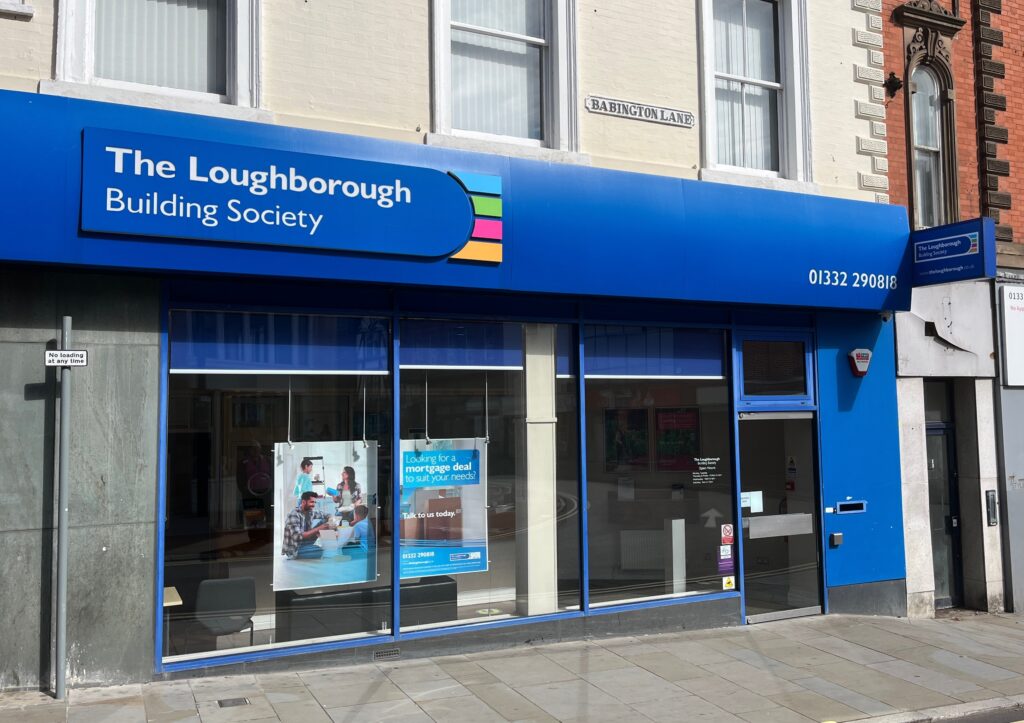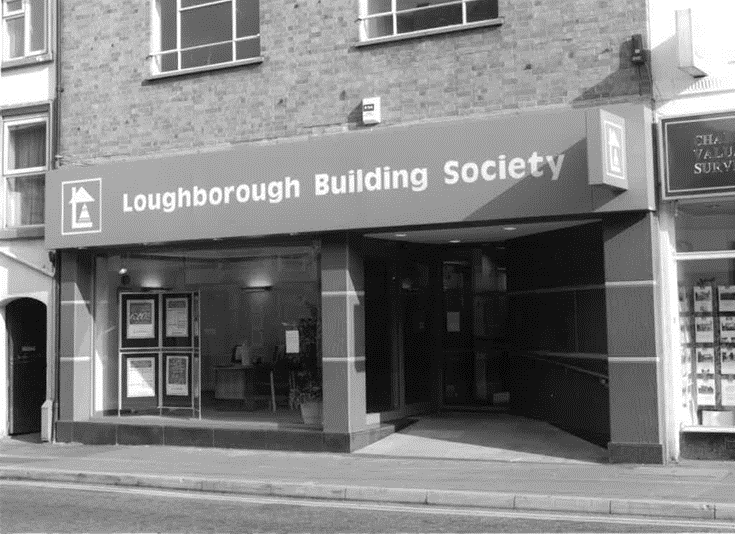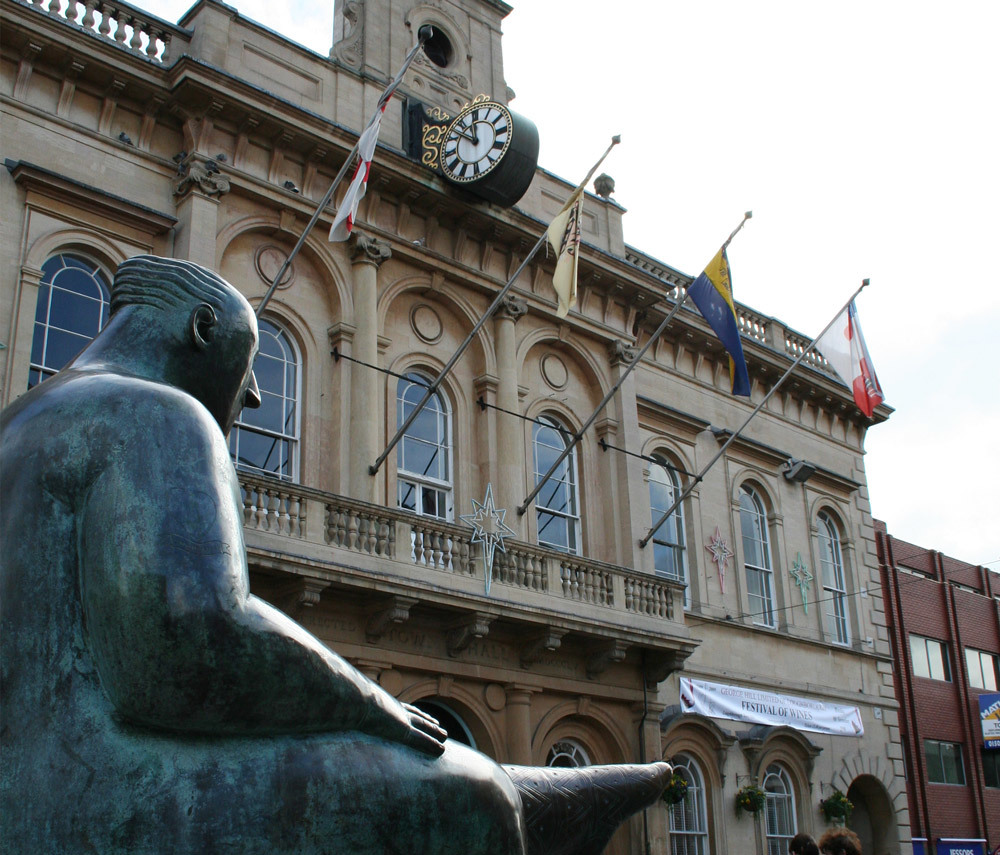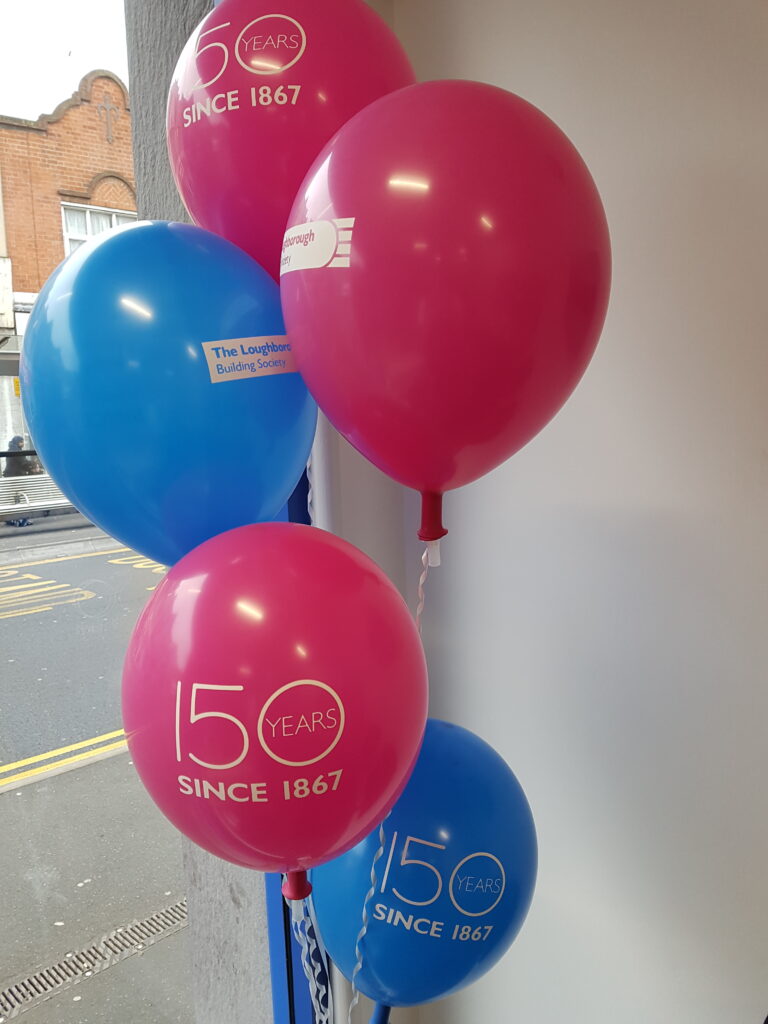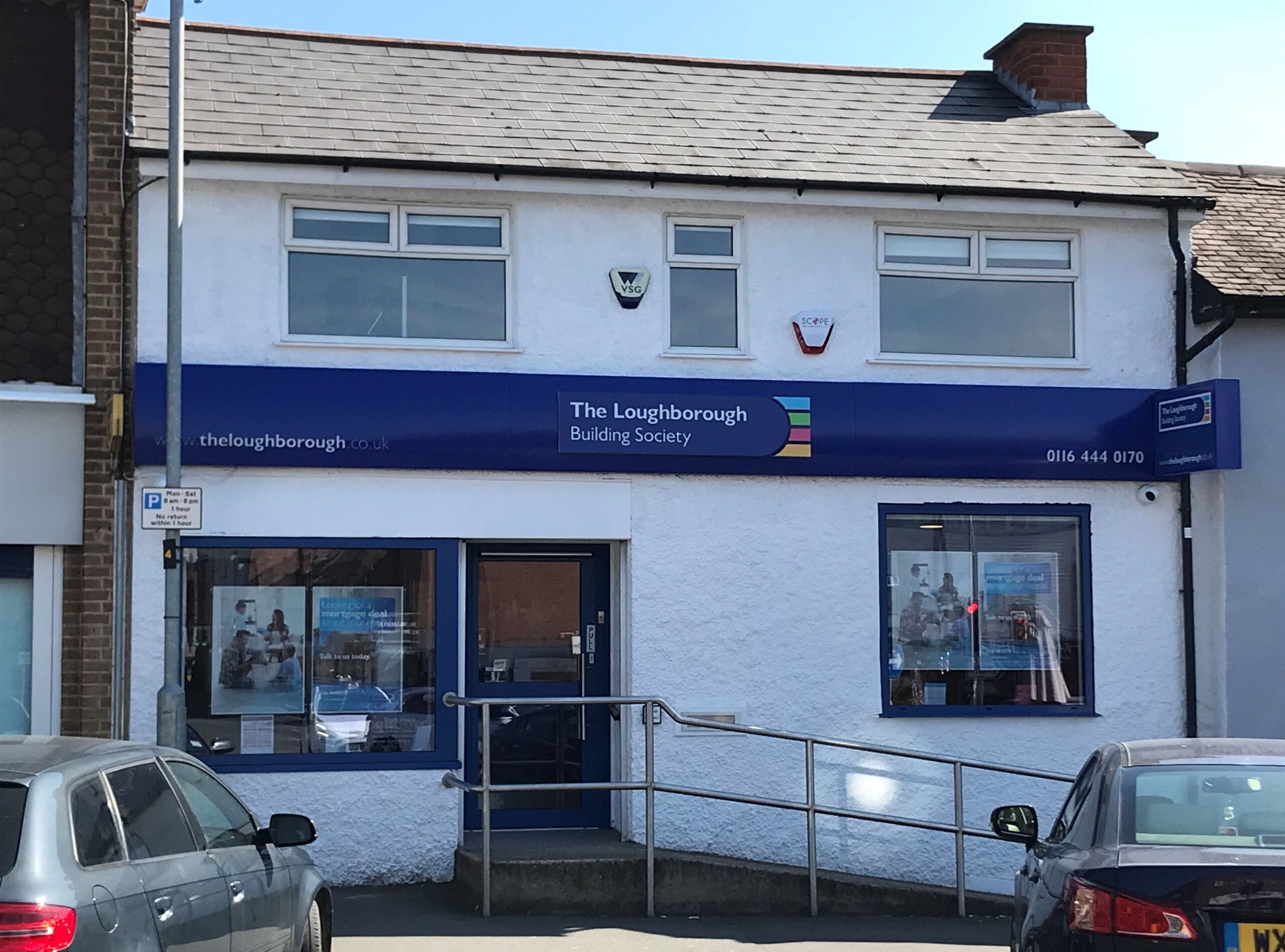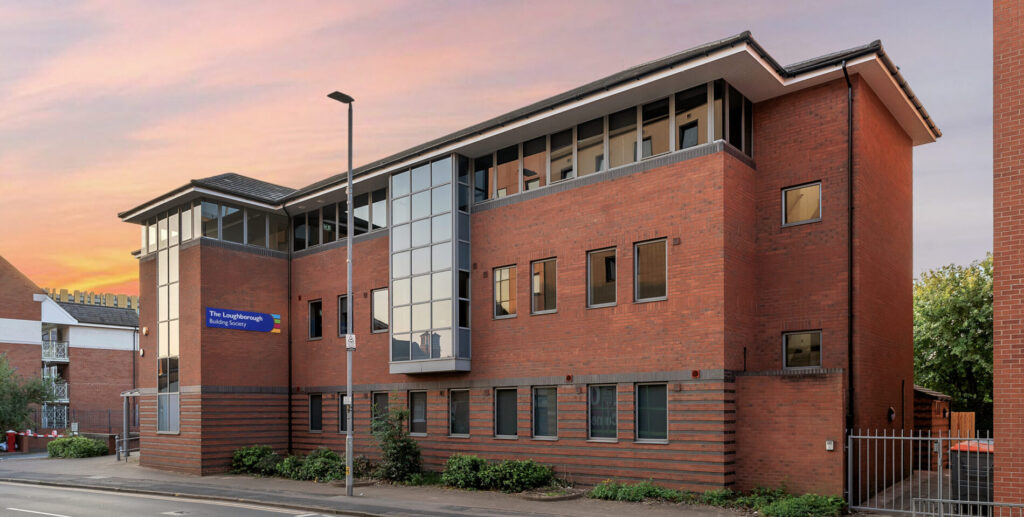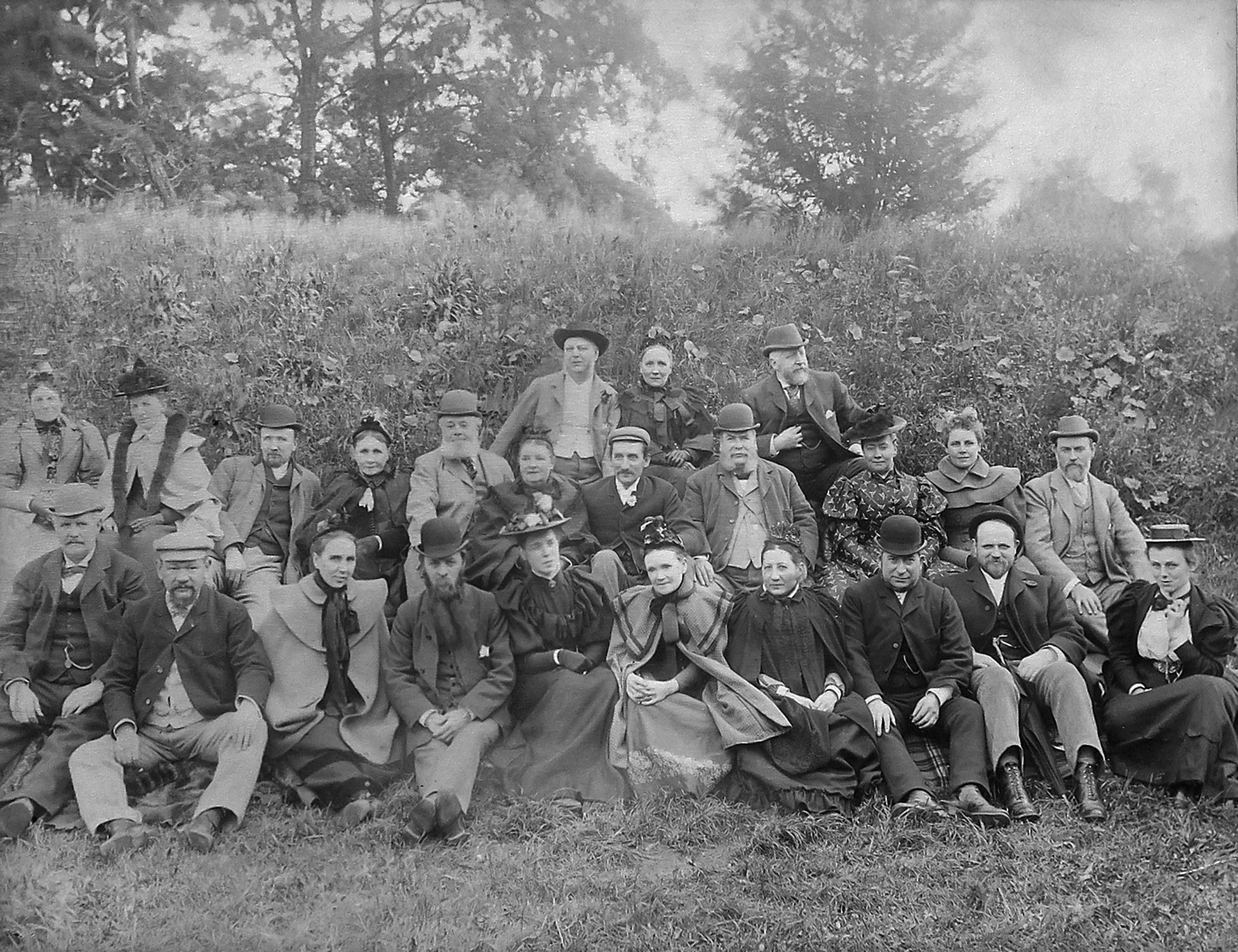
The Loughborough Permanent Investment, Land and Building Society was founded
On 21 June a group of worthy citizens of the town of Loughborough held a meeting at which they decided to form the Loughborough Permanent Investment, Land and Building Society, as we were known in those days. The Society was registered on 31 October with the first paying in day on 12 November. The following day £35. 3s. 6d. was banked and by the end of that first year the assets totalled £662. The Society was run out of the offices of Samuel Cattell, Coal Merchant, at 45 Baxter Gate. This location continued to be our home until 1937.

